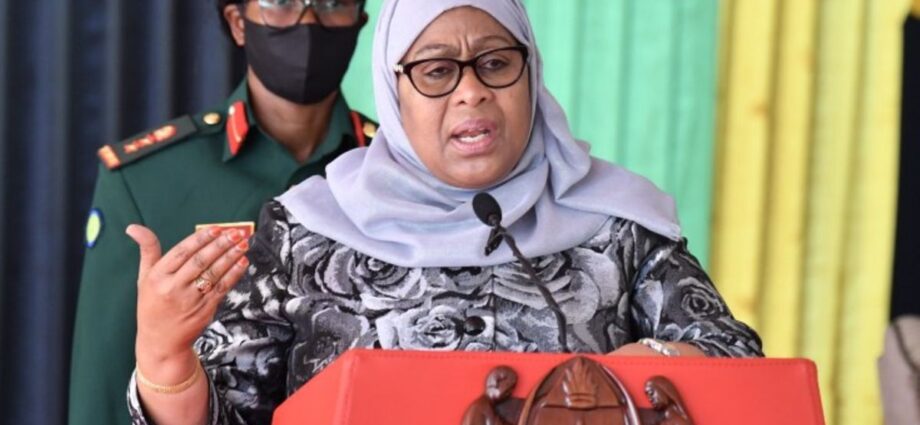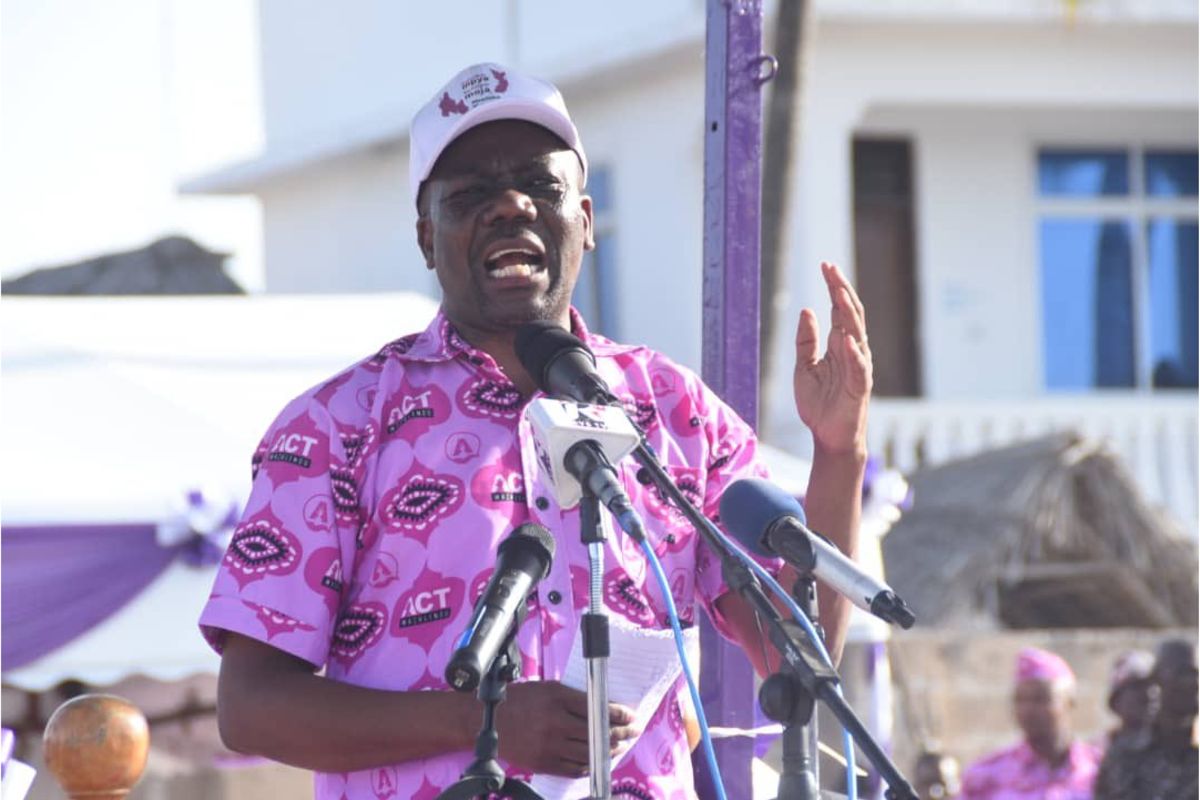Will the real Samia Suluhu Hassan please step forward?
Those are the words in a famous cartoon created by Gado. The cartoon depicted Tanzania’s president, popularly known as Mama Samia, in different contrasting poses: as a nice but conservative president, a no-nonsense party leader, and a heavy-handed military commander.
Those words have been echoed by many writers in analysing who Samia truly is. Two years since Mama Samia took office, yet the debate about her true character still rages on. But there are reasons to suggest that we are possibly seeing the real Samia now.
The evening before Mama Samia announced the passing away of President Magufuli, I was finalising details for an upcoming event the following day. That’s when the CEO of the organisation I was working with informed me that we needed to cancel the event. He revealed that a major announcement was about to be made that night.
It was around 6.45pm.
For at least one week, Tanzania had been abuzz with questions about Magufuli. The news of his death didn’t come as a surprise. Those who believed that the nation was on a perilous path breathed a sigh of relief, but a question about what type of leader we were going to have arose, given that many of us didn’t pay enough attention to the then vice president.
I was not alone in taking the VP lightly. A foreign diplomat once confided in me that his biggest mistake was not paying enough attention to Samia before she became president. According to him, everyone he had asked about who was who in Tanzania didn’t mention her.
Magufuli had been so central that all who were not explicitly on his team were considered insignificant, but Samia’s story reminds us that a VP is a president in waiting, and should never be taken for granted.
Fortunately, I had a friend who had met the then VP several times and could shed some light on her character. His report was positive. She is kind, composed, and enthusiastic about progress. But the most critical detail my friend shared was that when Samia felt that people were not meeting her expectations, she refused to see them again until they had gotten their act together. That made me less pessimistic about the future.
There have been many attempts to paint Mama Samia in Magufuli’s colours. Those efforts intensified when Freeman Mbowe was arrested in 2021, with many believing that the charges were fabricated. Critics saw that as confirmation that Samia was a female Magufuli. Fatma Karume suggested that Samia had morphed into a “wicked stepmother” while Maria Sarungi claimed that Samia lacked “the moral character to refrain from taking the easy way out of a political problem”.
I sympathise with Fatma, Maria, and the like. As much as we would like to see goodness in our leaders, the unfortunate events occurring in Africa often make it difficult to do so. Experience has taught us not to allow ourselves to harbour any degree of hope because our leaders have a knack for breaking the hearts of those who dare to hope, but evidence probably suggests that Samia is different.
The signs have always been there. In her first 100 days in office, she threw out 147 cases based on trumped up charges through the PCCB, ended extra-judicial tax collection practices, released political detainees, increased press freedom, and expanded spaces for civil society and freedom of expression.
In our cynicism, we probably dismissed that as mere politicking, but I think recent developments continue to highlight Samia’s humanitarian credentials. She has met leaders of the opposition and provided safety assurances to their self-exiled leaders, thus facilitating their return to Tanzania. Moreover, she has lifted the bitterly opposed, unconstitutional ban on political rallies. This is Tanzania – she could have done the opposite without consequences. But, unlike her predecessor, who was known for divisive leadership, Samia appears to be a decent person with a strong moral compass. One can even imagine a pleasant conversation with her over coffee.
That said, many still stumble with the things that happen around us. Cases of police brutality still abound. Leaders still lord it over people. People continue to be evicted from their homes. Can we reconcile that with the image of a caring president?
This presents a genuine dilemma: can a decent president lead an indecent system? Many observers believe that a struggle for power exists between this president and the system she oversees, and this will be the defining feature of her presidency at least until 2025. It will take time for Samia to implement her vision across the system, but there is a legitimate concern that she may change under the pressure of power.
To me, it seems like Samia presides over a system that values maintaining power more than advancing the country. Having risen through that very system, she might be sharing that unfortunate obsession too. However, she needs to strike a balance between her political instincts and her sense of justice.
I believe that the Samia we see is the authentic Samia. And she is not the wicked stepmother of Karumean imagination. For all our sakes, I hope she continues to choose what is right. With luck, Tanzanians might have the compassionate mother figure they crave for.














